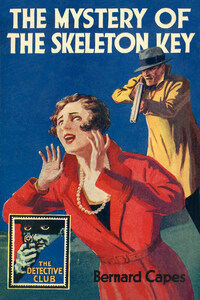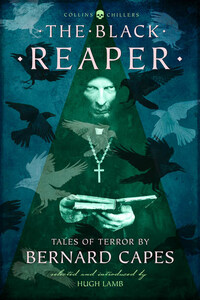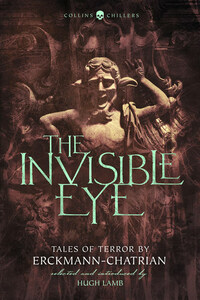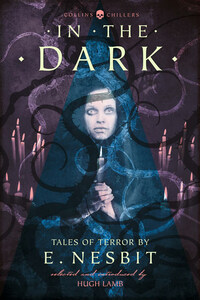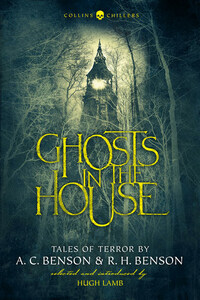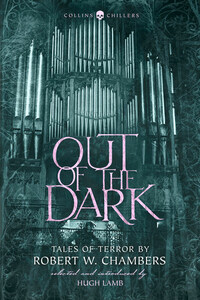Published by COLLINS CRIME CLUB
An imprint of HarperCollinsPublishers Ltd
1 London Bridge Street
London SE1 9GF
www.harpercollins.co.uk
First published in Great Britain as The Skeleton Key
by Wm Collins Sons & Co. Ltd 1919
Published by The Detective Story Club Ltd 1929
Introduction © Hugh Lamb 2015
Cover design © HarperCollinsPublishers Ltd 1929, 2015
A catalogue copy of this book is available from the British Library.
This novel is entirely a work of fiction. The names, characters and incidents portrayed in it are the work of the author’s imagination. Any resemblance to actual persons, living or dead, events or localities is entirely coincidental.
All rights reserved under International and Pan-American Copyright Conventions. By payment of the required fees, you have been granted the non-exclusive, non-transferable right to access and read the text of this e-book on screen. No part of this text may be reproduced, transmitted, down-loaded, decompiled, reverse engineered, or stored in or introduced into any information storage and retrieval system, in any form or by any means, whether electronic or mechanical, now known or hereinafter invented, without the express written permission of HarperCollins.
Source ISBN: 9780008137144
Ebook Edition © August 2015 ISBN: 9780008137151
Version: 2015-08-14
All authors, especially fiction writers, have to tread at some time on the edge of the dark slope that leads to obscurity. Some are unlucky enough to miss their step while still alive; many more slide down after their death. Such an unfortunate was Bernard Capes, who published 40 books (in 20 years) but passed into the shadows within three years of dying. He deserved better.
Bernard Edward Joseph Capes was born in London on 30 August 1854, a nephew of John Moore Capes, a prominent figure in the Oxford Movement. He was educated at Beaumont College and raised as a Catholic, though he later gave that up and followed no religion. His elder sister, Harriet Capes (1849–1936) was to become a noted translator and writer of children’s books.
Capes had a string of unsuccessful jobs. A promised Army commission failed to materialise; he spent an unhappy time in a tea-broker’s office; he studied art at the Slade School but, despite a lifelong enjoyment of painting and illustrating, it did not result in a career.
Things picked up for him in 1888 when he went to work for the publishers Eglington and Co., where he succeeded Clement Scott as editor of the magazine The Theatre.
At this point in his career, he made his first attempts at novel writing, publishing two under the pseudonym ‘Bevis Cane’: The Haunted Tower (1888) and The Missing Man (1889), the latter published by Eglington. They did not do well enough for him to use the ‘Bevis Cane’ name again.
Eglington and Co. went out of business in 1892 and Capes was up against it. Among his various ventures was a failed attempt at, of all things, breeding rabbits.
At last, aged 43, Capes found his true vocation. In 1897 he entered a competition for new authors organised by the Chicago Record. Capes came second with his novel The Mill of Silence, published in Chicago the same year.
He entered the competition again in 1898 when the Chicago Record repeated it. Capes hit the jackpot. His entry, The Lake of Wine—a long, macabre historical thriller about a fabulous ruby bearing the name of the book’s title—won the competition. It was published that year and Capes was a full-time writer from then on.
And write he did. Out flooded short stories, articles, newspaper editorials, reviews and novels, including two more in 1898.
Bernard Capes married Rosalie Amos and they moved to Winchester, where he spent the rest of his life. They had three children. His son Renalt became a writer late in life, and his grandson Ian Burns carries on the Capes writing tradition as the author of the children’s book Scratcher.
With nearly 40 books already to his name from a variety publishers, Capes’ historical adventure, Where England Sets Her Feet, was published by William Collins Sons & Co. in April 1918, with a second book, The Skeleton Key, already under contract. The significance of this new ‘criminal romance’ to the 100-year-old publishing house was yet to be realised. Modestly publicised as ‘
